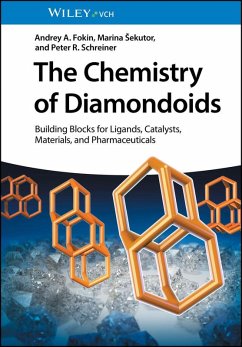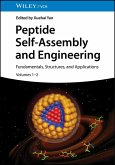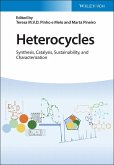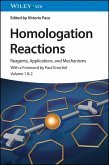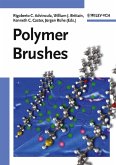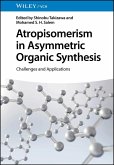Comprehensive resource on an important and fascinating compound class, covering synthesis, properties, functionalization, and applications in organic synthesis, materials science, and more
The Chemistry of Diamondoids gives a state-of-the-art overview of all aspects of diamondoid chemistry, covering nomenclature, natural occurrence, chemical and physical properties, along with synthesis and functionalization of diamondoids as well as their applications as molecular building blocks in organic synthesis, polymer and materials science, nanotechnology, and medicinal chemistry. The book concludes with a perspective towards future developments in the field, thereby drawing attention to areas open for discovery.
Written by experts in the field, The Chemistry of Diamondoids includes information on:
With its all-encompassing approach, The Chemistry of Diamondoids is a valuable guide for newcomers and researchers in organic chemistry and materials science interested in modern synthetic methods and organic functional materials.
The Chemistry of Diamondoids gives a state-of-the-art overview of all aspects of diamondoid chemistry, covering nomenclature, natural occurrence, chemical and physical properties, along with synthesis and functionalization of diamondoids as well as their applications as molecular building blocks in organic synthesis, polymer and materials science, nanotechnology, and medicinal chemistry. The book concludes with a perspective towards future developments in the field, thereby drawing attention to areas open for discovery.
Written by experts in the field, The Chemistry of Diamondoids includes information on:
- Naturally occurring diamondoids, their formation, and the role they play in the petroleum industry and in geosciences, plus man-made approaches to prepare them on large scale
- Growing diamond from diamondoids via seeding, preparation and properties of diamondoid oligomers and doped diamondoids
- C-H-bond functionalization, a precondition for their use in many applications, and fine-tuning of diamondoid properties by precise cage substitution reactions
With its all-encompassing approach, The Chemistry of Diamondoids is a valuable guide for newcomers and researchers in organic chemistry and materials science interested in modern synthetic methods and organic functional materials.
Dieser Download kann aus rechtlichen Gründen nur mit Rechnungsadresse in D ausgeliefert werden.

